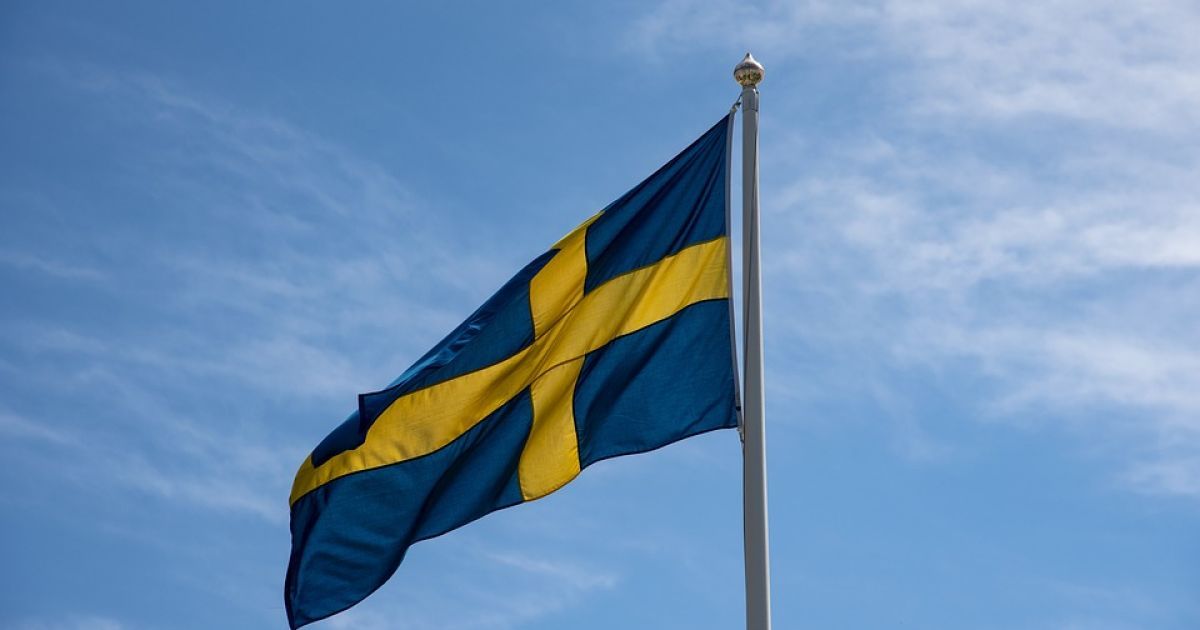Swedish
Foreign Minister
Tobias Björström said that the new government is distancing itself from the Kurdish YPG militia in Syria and its political offshoot, the PYD party.
In this way, the state wants to get approval from Turkey to join NATO.
He said this on Sveriges Radio.
Sweden previously supported the YPG and the PYD, but the new government has a different view of the two Kurdish organizations, which Turkey considers terrorist.
"There is too close a connection between these organizations and the PKK for it to be good for relations between us and Turkey. That is why it will be more important for us to join NATO," said Tobias.
Turkey considers the Syrian Kurdish militia and its political offshoot to be linked to the Kurdistan Workers' Party.
The party is considered a terrorist group in the country, as well as in the USA and the EU.
She started the anti-Turkish uprising in 1980.
However, Sweden, along with the US and several other NATO members, supported the Kurdish militia in the fight against the Islamic State.
Accession of Sweden and Finland to NATO
The Secretary General of the North Atlantic Alliance, Jens Stoltenberg, said that Sweden and Finland have fulfilled all the requirements for joining NATO, and called on Turkey to ratify the relevant protocol.
However, Bloomberg, citing its own sources, writes that Ankara will not agree to sign Sweden's application for NATO membership by the end of the year, and the chances of this happening before the elections next year are small.
In Turkey, they believe that the Swedes did not do enough.
In May, Turkey put forward a condition to Finland and Sweden - they had
to sign written guarantees
not to support "terrorists".
Turkey and Hungary are currently the only countries that have not yet ratified the membership of Finland and Sweden in NATO.
Read also:
NATO assessed the risks of Russia's use of nuclear weapons against Ukraine
Who will replace Jens Stoltenberg on the post of NATO Secretary General - NYT named possible candidates
NATO's military presence near Russia's borders has increased by 2.5 times — Shoigu
